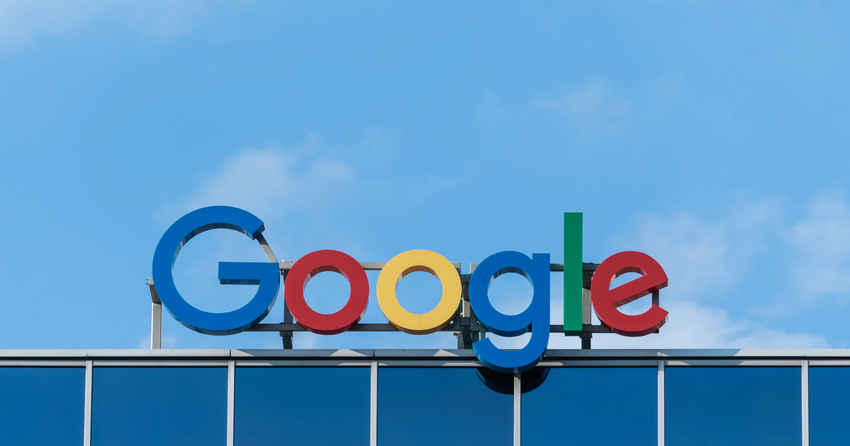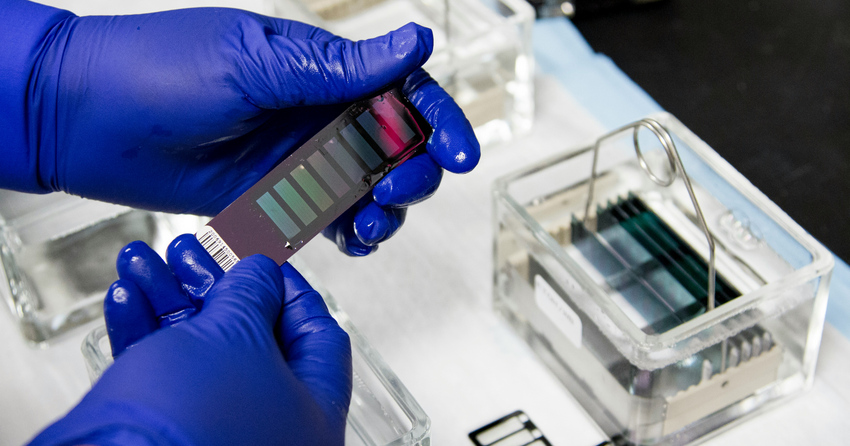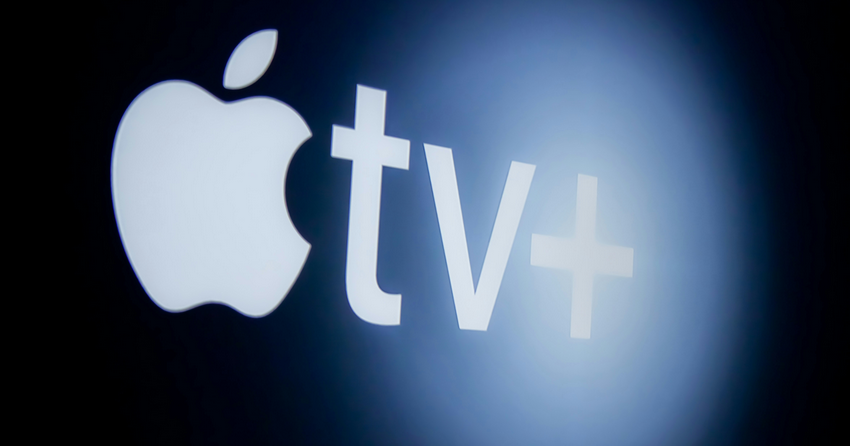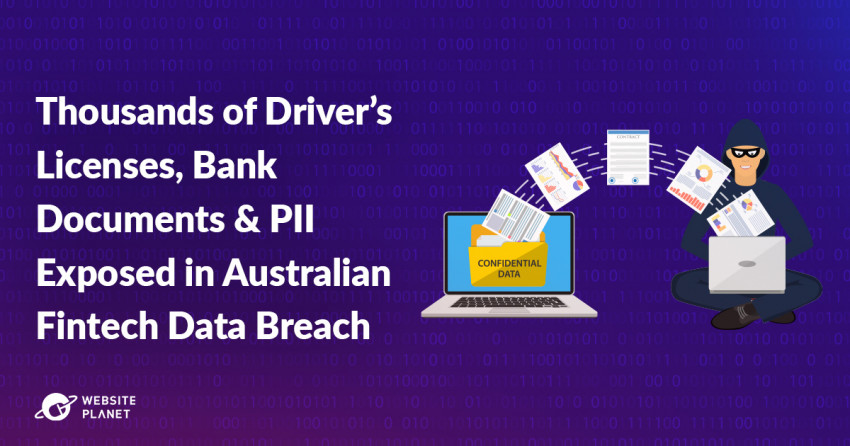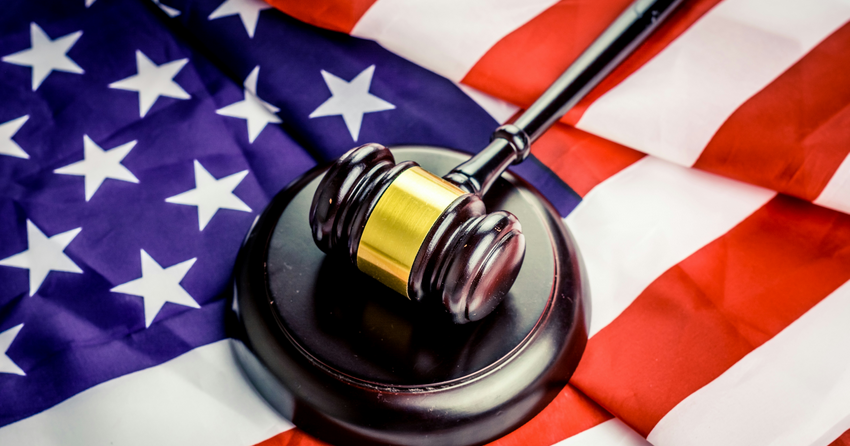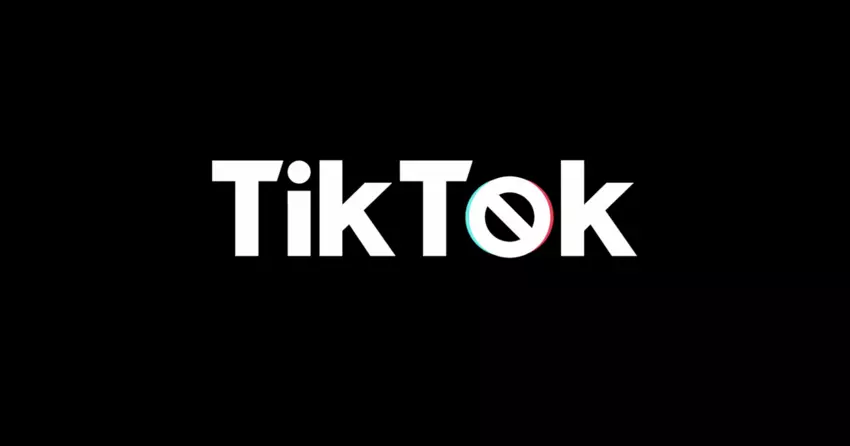
TikTok Challenges U.S. Law That Could Lead to Nationwide Ban
TikTok was recently in the U.S. Court of Appeals for the District of Columbia, challenging the law passed earlier this year forcing it to separate from its parent company, Chinese-based ByteDance.
TikTok, ByteDance, a group of TikTok content creators, and the Liberty Justice Center had all filed suits challenging the “Protecting Americans from Foreign Adversary Controlled Applications Act,” a law President Biden signed earlier this year that could effectively ban TikTok in the United States. If the law comes into effect as planned, TikTok must find new ownership or face a ban in the US starting January 2025.
During the two-hour-long hearing, the three-panel judge sought clarity in the unprecedented case, challenging arguments from both sides at times.
The lawyer representing the US Government, Daniel Tenny, reiterated the Government’s point of view that TikTok, in its current ownership structure, represents a security risk for the US. He claimed that the amount of personal data collected by TikTok combined with the powerful algorithm that determines which content a user sees on its feed generates the possibility that the Chinese government could use the technology to manipulate American consumers.
Andrew Pincus, a lawyer representing TikTok and the coalition of content creators, argued that the US government has never demonstrated that TikTok poses a risk to national security and that the law violates First Amendment free speech protections.
Pincus stated, “For the first time in history, Congress has expressly targeted a specific U.S. speaker, banning its speech and the speech of 170 million Americans.” He added that upholding the law would set a precedent, allowing Congress to shut down any publisher by invoking national security.
One of the judges challenged this argument citing another US law that prevents foreign ownership of broadcast licenses.
The panel of judges is now deliberating, and lawyers from both sides have asked for a ruling by December 6 to ensure there is enough time for the Supreme Court to weigh in before the ban takes effect.



